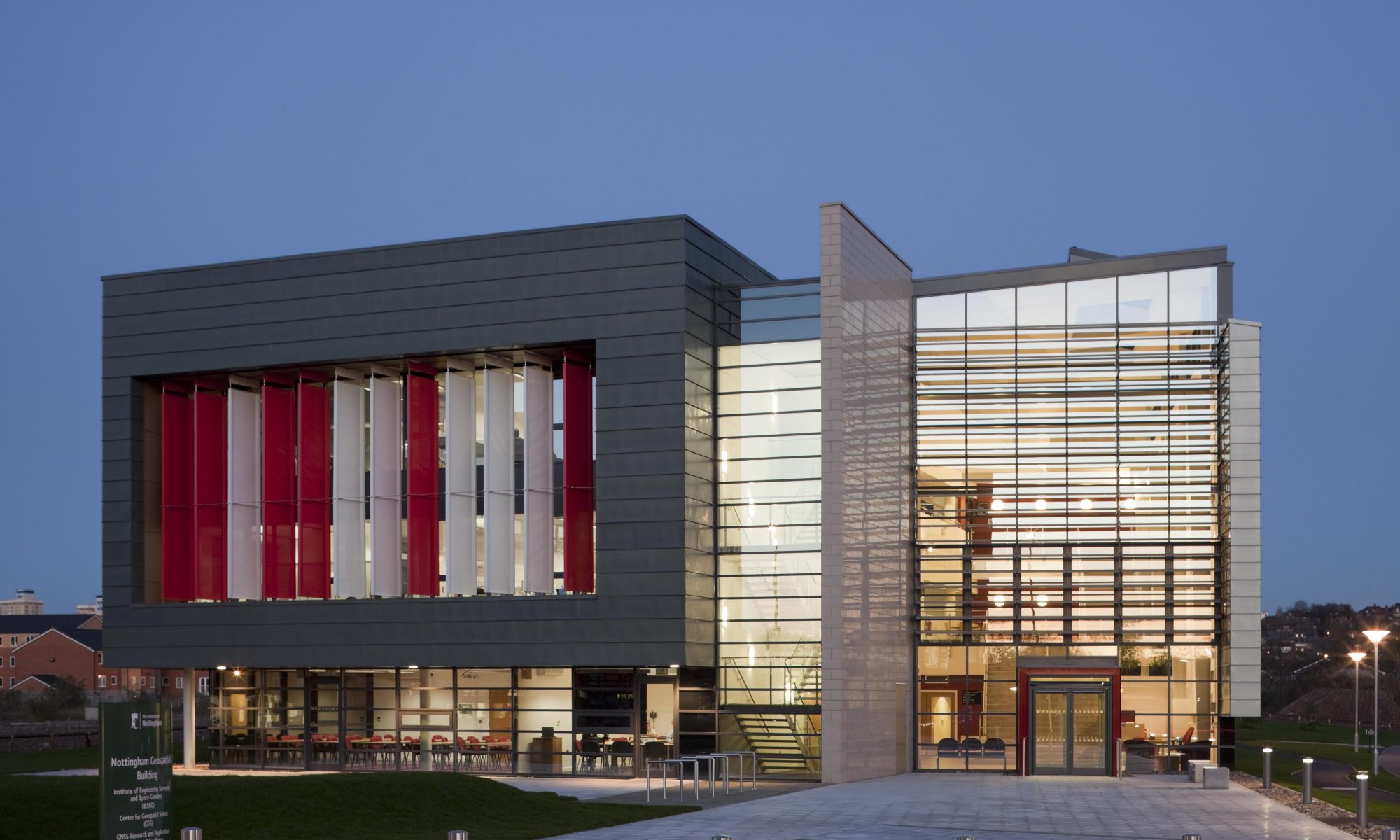User-Centred Repair: From Current Practices to Future Design
Damla, Kilic & Neelima Sailaja:
From the kitchen to the bathroom, homes are now equipped with various technological devices like smart vacuums, intelligent mirrors, digital thermostats, wearables, and voice-controlled assistants such as Amazon Alexa. This surge in ubiquitous technologies contributes to the growing concern of electronic waste, or e-waste, globally. Research focuses on developing strategies for e-waste reduction, and is considering a range of approaches on governmental, industrial and societal levels. To gain a comprehensive understanding of smart device repair, our research was structured into several distinct tasks, each supported by semi-structured interviews, each tailored to explore different facets of repair behaviours and decision-making. A total of fifteen one-on-one study sessions were conducted as part of this research. The study’s findings will be presented in three primary sections, each shedding light on distinct aspects of repair practices and decision-making. Along with the aforementioned results around current repair practices, repair decision making drivers and future expectations, our paper offers two significant contributions to human-computer interaction (HCI) research and practice. First, we place our findings in a broader context, anchoring them within the existing body of literature on HCI, repair practices, and the IoT. Second, we leverage our findings along with wider literature to conclude our paper with a set of design recommendations that align with current actual user practice around IoT repair; is inclusive of user expectations around every day reparability in future IoT; and enables user decision making around IoT repair thereby making IoT reparability an accessible and equitable process.
Lecture Notes in Computer Science (including subseries Lecture Notes in Artificial Intelligence and Lecture Notes in Bioinformatics) Volume 14718 LNCS, Pages 52 – 712024 12th International Conference on Distributed, Ambient and Pervasive Interactions, DAPI 2024, held as part of the 26th HCI International Conference, HCII 2024Washington29 June 2024through 4 July 2024: DOI10.1007/978-3-031-59988-0_4

